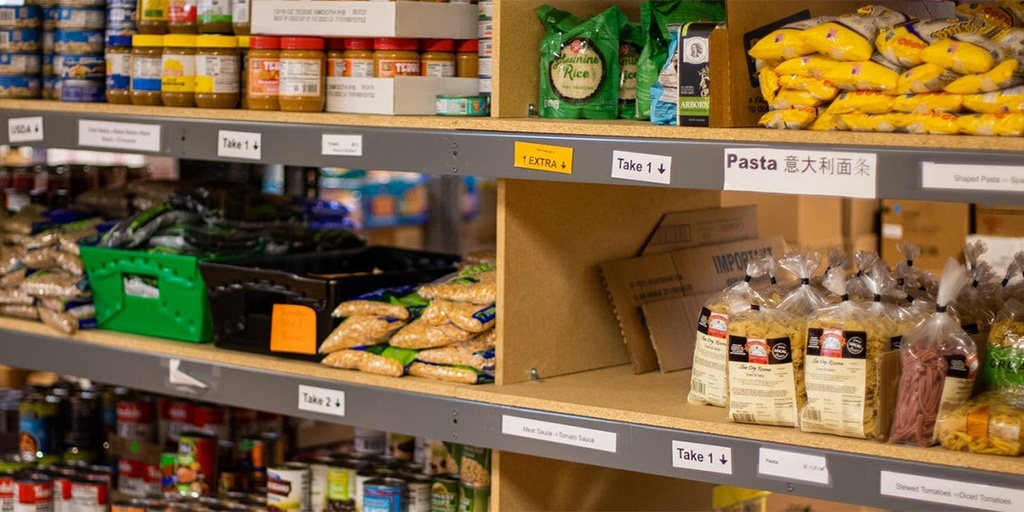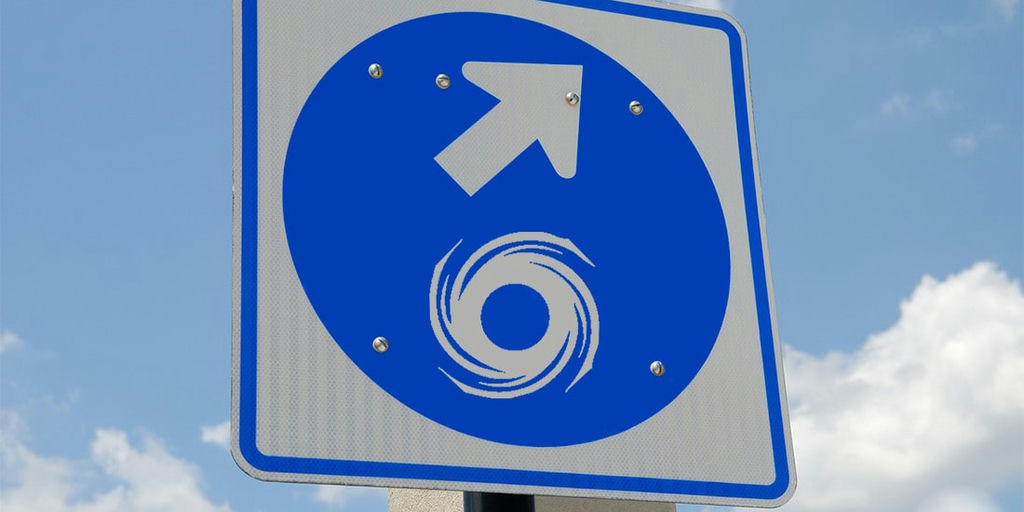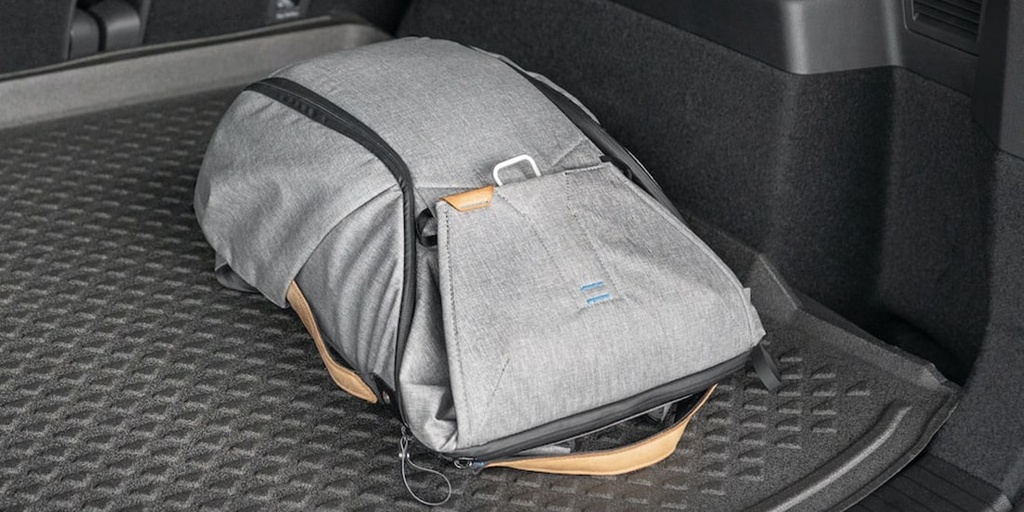Store emergency food
- Earth Points
- 1
- Ease
- Medium

Photo by Aaron Doucett on Unsplash
Description
While you may have lots of food in your home, that calculation may assume your refrigerator is functional, that you can cook, and that you have not run out of key ingredients. Play it safe and keep a separate emergency food stash that can easily feed you and your household, even if stores are closed and your appliances are not working.
Tips
• To build a food supply, start by noting what you are eating over the course of a week or two. Then design a food storage plan based on that.
• Your store should be primarily made up of foods that do not need cooking, refrigeration, or other special preparation.
• Store food safely away from pests, sunlight, moisture, heat, and air to avoid decay.
• Set a reminder in your calendar to check expiration dates and cycle through the oldest food in your stash before it goes bad.
• For additional flexibility, store a device with your food that will allow you at least to boil water even if your utilities have gone out.
• If you use canned foods, store a manual can opener (not electric) with your food supplies.
• Try to include familiar and favorite foods. They will be comforting as well as nourishing.
• Have pets? Do not forget to calculate their needs in your emergency supply, too!

